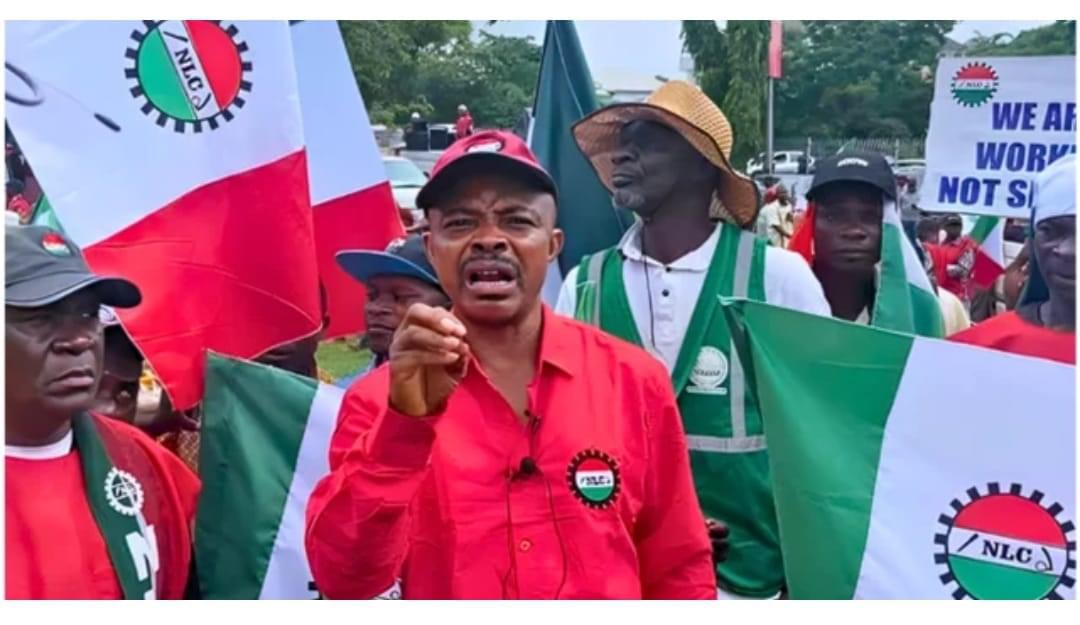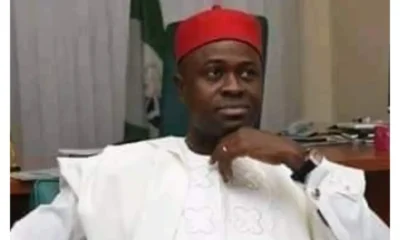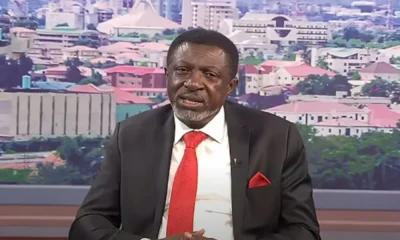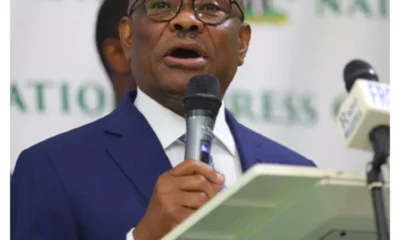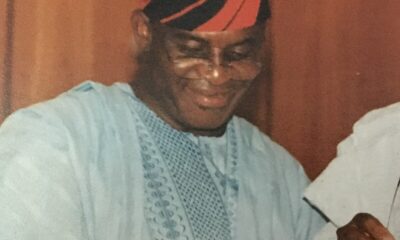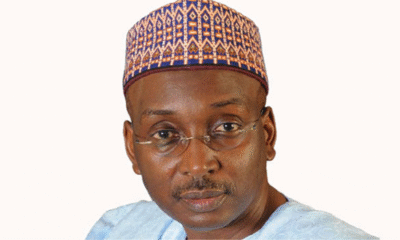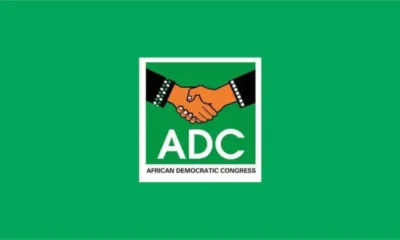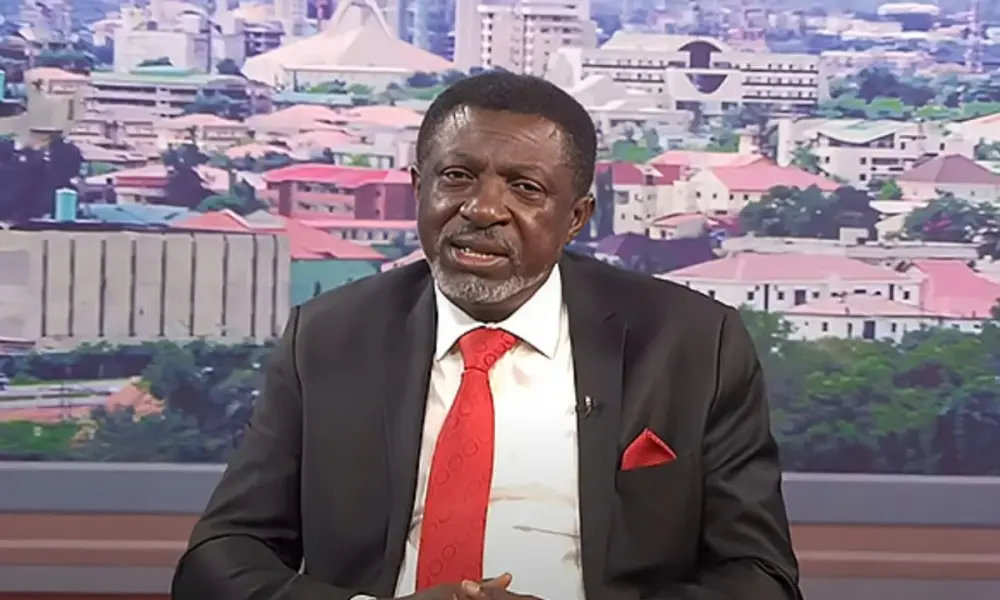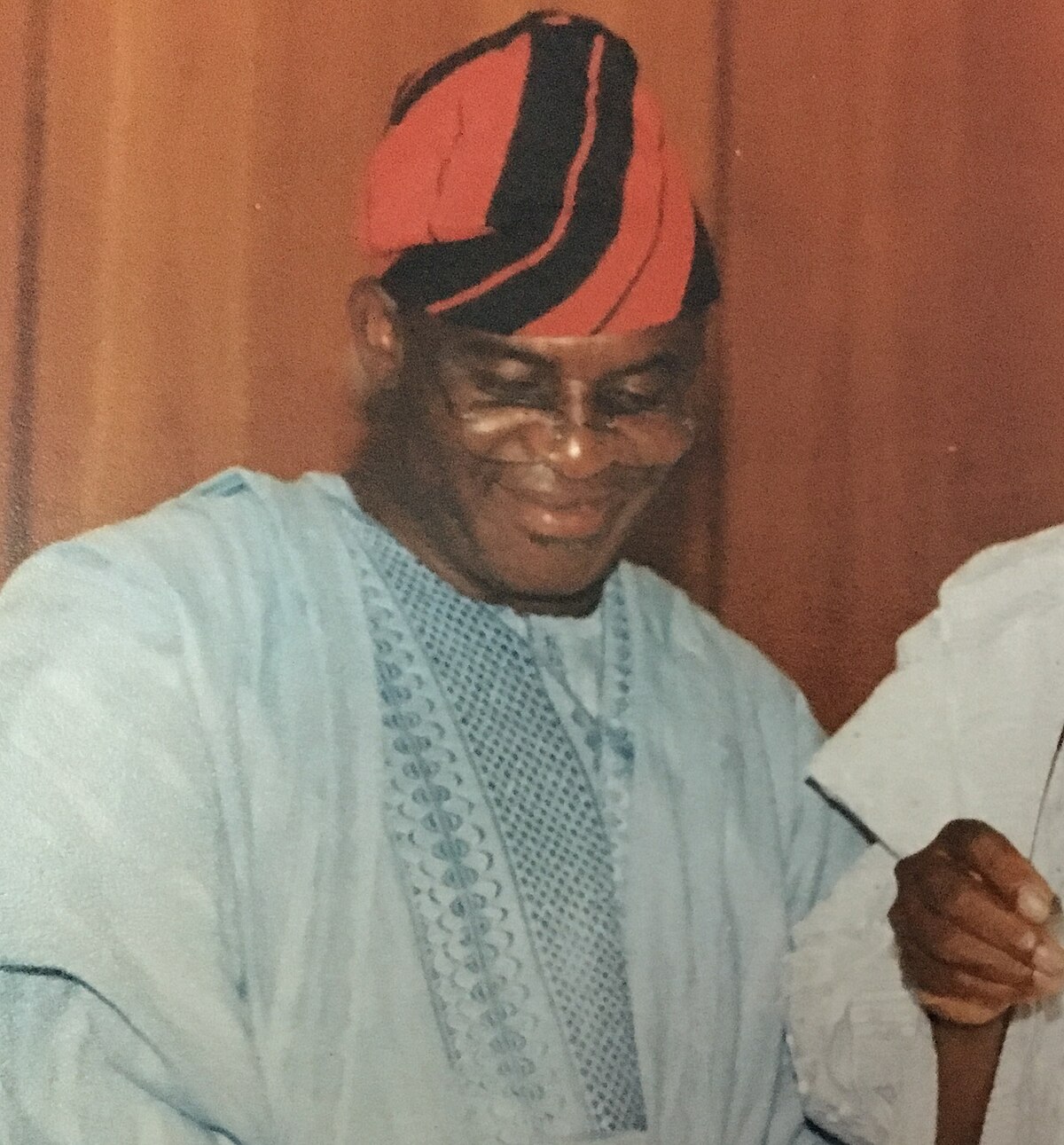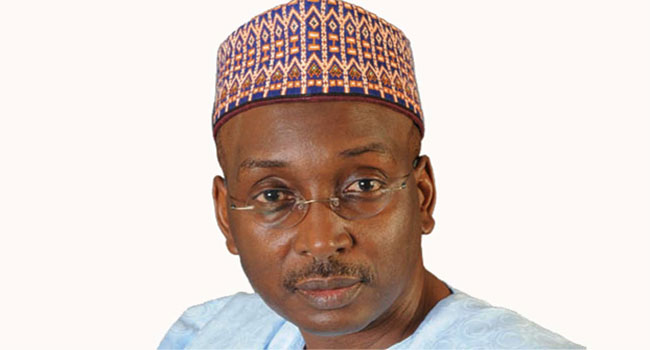By Omeiza Ajayi
ABUJA: One of the leaders of the African Democratic Congress ADC, Mallam Salihu Moh. Lukman, has declared that the party’s standard bearer in the 2027 presidential election will emerge through a transparent primary election, saying the party has no special preference.
This was as he disclosed that anyone who emerges as candidate of the party would be supported by all to avoid the pitfalls of the past.
Speaking when he appeared Tuesday morning on a Channels TV programme monitored in Abuja, the former All Progressives Congress APC national vice chairman for the Northwest, also appealed to supporters of various leaders of the coalition to join hands with the ADC to rescue Nigeria.
He said once the opposition leaders are divided, it is as much as granting victory to APC and President Bola Tinubu.
“So, as much as possible, we must keep the opposition together, and in keeping the opposition together, it is not about asking anybody to step down.
“And I appeal to the Obidients and other groups, to really understand that the ADC and the coalition is the home for them and they should come and let us build ourselves together.
“If Peter Obi emerges as the presidential candidate of ADC, we will all support him and strengthen him to overcome the shortcomings of the past. So also, any other, if it is Atiku Abubakar who emerges, for instance, we will support him and strengthen him in such a way that he doesn’t repeat the mistakes of former President Buhari.
“So, I think these are issues which as Nigerians, we must be very
honest and frank in engaging them if we are going to move this country forward. This is the kind of debate we want to have in ADC.
“Everybody will slug it out in the presidential primary, apparently”, he said.
According to him, the ADC would also factor in the issue of equity in its deliberations, saying the party will accommodate everyone.
Lukman also reiterated the position of the party that there is currently no discussion about having a presidential candidate in the coalition.
“Let me be very clear on this, there is no discussion about the question of presidential candidate in the coalition, up to this moment. And our position is basically, whoever, and that is the first test of whether we will be different from the existing parties or not, whoever will be the candidate of the ADC must win the primary.
“It is the first test of whether those aspiring are in the first place, democrats or not and this is the issue we are engaging all of them. And the other test which we are putting to all of them is that their ambitions must go beyond their personal expectations. It has to factor the reality facing the country.
“They have to come ready to be able to make the needed sacrifices to move this country forward. As it is, we have to be very honest, where the country is, it is not simply about presenting candidates.
“I always put forward to them that, look, as far as I am concerned, it is not a question of trusting leaders. I mean, leaders must earn the trust. So the best way leaders can earn trust is to be able to show humility that they are ready to subordinate themselves to the wishes of members of the party.
“Coming from APC, having a situation where we trusted leaders and they ended up becoming emperors today. Look at what is happening in APC. Everywhere you hear ‘on your mandate, on your mandate, on your mandate,” I am not going to stand on anybody’s mandate.
“We want the person to always subordinate himself to members of the party, always seeking to get clearance in terms of what they are doing. That is the kind of template that we are looking for. And I think as Nigerians, we must resist the temptation of setting up leaders in a way that they become very arrogant, believing that it is either them or nothing. That is the kind of negotiation that is right now going on within the coalition and it is a very difficult negotiation, I must confess, but we are very confident that in the end, we will succeed in presenting a common candidate.”

 Politics9 months ago
Politics9 months ago
 Trending9 months ago
Trending9 months ago
 Politics9 months ago
Politics9 months ago
 Politics9 months ago
Politics9 months ago
